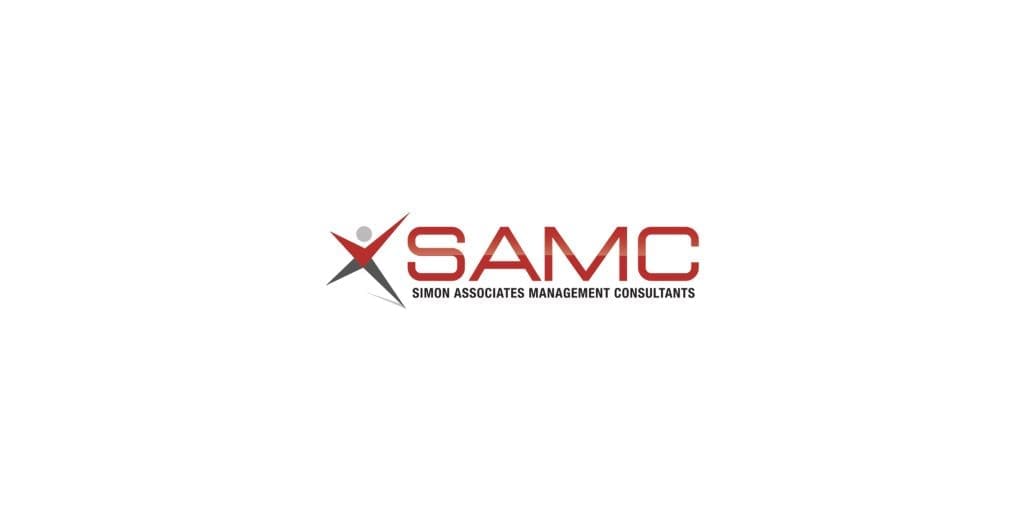![]() Over the past three months, Simon Associates Management Consultants (SAMC) has conducted Innovation Games® across a gamut of categories and clients…from municipalities to healthcare providers to pharma to plain old manufacturing companies.
Over the past three months, Simon Associates Management Consultants (SAMC) has conducted Innovation Games® across a gamut of categories and clients…from municipalities to healthcare providers to pharma to plain old manufacturing companies.
Know what we found? Yes, they do work! They generate new ideas, new ways of addressing old problems and encourage collaboration.
So I thought I would share with you why they work so well and tell you a little about our experience. To set the stage, last fall I gave a talk at the Meaningful Play Conference at Michigan State University. I said that both play and games allow participants to provide input or participate in the development of new ideas in a non-threatening way. That’s because there is no such thing as a bad idea when someone engages in play. Play allows one to be creative. To think out of the box without risk. And our experience has shown that people actually generate tons of ideas when they engage in games. The process developed in Innovation Games®, however, is better than just a brainstorming session and much better than focus groups.
As a matter of fact, research suggests that the more ideas you generate, the greater probability of success. In Frans Johansson’s newest book entitled “The Click Moment,” he talks about the need to not bet the bank on just one idea but to hold ammunition so that you can address multiple ideas. Multiple ideas increase the probability of success. That’s one of the benefits of Innovation Games®. Johansson’s assessment suggests that brainstorming is in vogue and that great ideas come out of this type of activity. Yes, knowing how to set the stage is critical.
Most importantly, games encourage collaboration. Since this is a team effort and ideas are refined based upon interchange, collaboration builds the quotient for game playing. Again citing Johansson, this time from his book “The Medici Effect,” he suggests that the reason why Florence became the city of enlightenment during the Middle Ages was that the Princes of the House of Medici encouraged collaboration across multi disciplines. And while we don’t necessarily have multi disciplines represented in each gaming assignment, problem solving among group members is important.
I have talked about why games work but let’s now talk a little about our three month experience. Please note that in most cases we can’t mention the name of the organization because of confidentiality issues. But that shouldn’t matter.
In the first case, we worked with a plumbing manufacturer. Our client, the CEO, had concerns believing we could generate meaningful outcomes because he didn’t think his staff was creative…after all, they were engineers. He couldn’t have been more wrong. SAMC took them through a deconstruction exercise (see Andi Simon’s blog, “Can Meaningful Play Convert Engineers Into Gamers?”) to get participants to free themselves up and think of their organizations in much larger or different ways. We next moved to an Innovation Game®, Product Box, and asked them to redesign their company, the process, the products, etc. Anything and everything was in play.
The ideas we got out of this group were truly outstanding, and we ended the session with six ideas that could be transformative.
Now let’s fast forward to healthcare. We worked with two separate clients, again using the deconstruction exercise and Product Box game. In one case, we worked with the internal staff to help them reshape their organization for the next three years. The games made them rethink or re-imagine their infrastructure, the sources of revenue, new business and how they conduct their business.
In the other case, we led a series of games that dealt with trying to understand a healthcare provider’s user or customer base. We worked with them to help describe or define competition. Using games, we also helped define what the user is looking for. The conclusions were very different from the expectations of the organization.
Finally, in the middle of this three month period, we flew to San Jose to help facilitate Budget Games conducted for the City of San Jose. This was the third year that The Innovation Games Company (TIGC) has supported the City by running these games. The games were conducted with over 100 citizens and supported by elected and appointed city officials serving as subject matter experts.
Budget Games is an offshoot of another game by TIGC called Trim the Product Tree, and its objective is to provide direction for city officials during the budget process. By imposing funding limitations, this game requires participants to make decisions in terms of budget items to be funded, program reductions, and new revenues via taxes or bond increases. What makes this so unique is the dialogue that ensues at each table consisting of citizens from many different interest groups. This inter-mixing creates crucial understanding and compromise which are necessary for good citizenship.
So there we are. Four different examples of how we use Innovation Games®. Different results for different organization but across the board, serious breakthroughs. Now, how can we help you?



